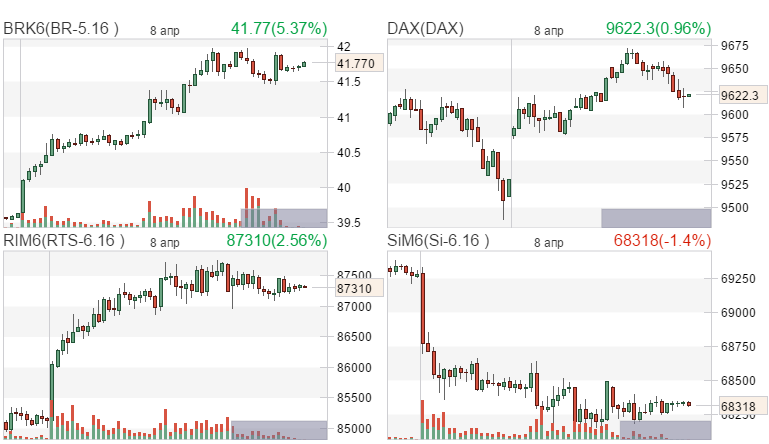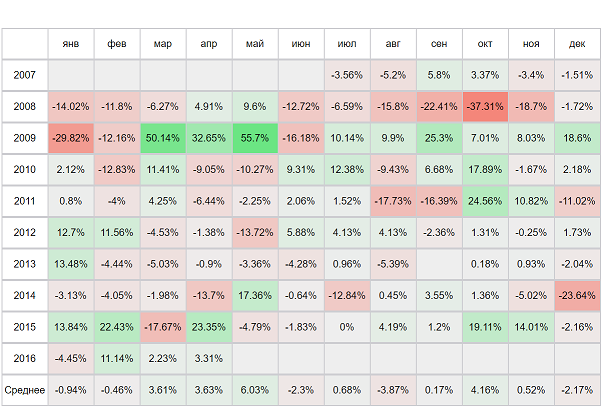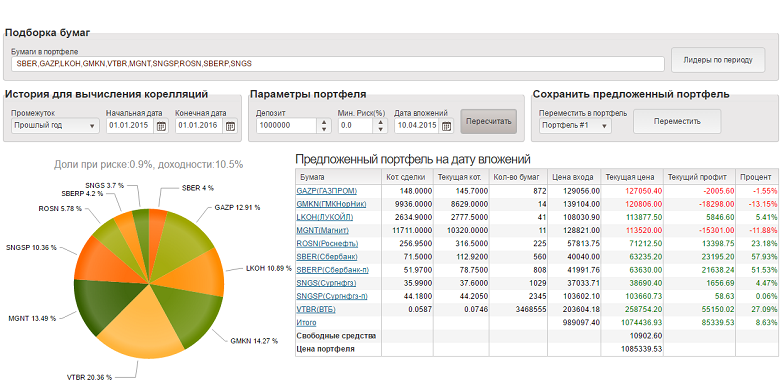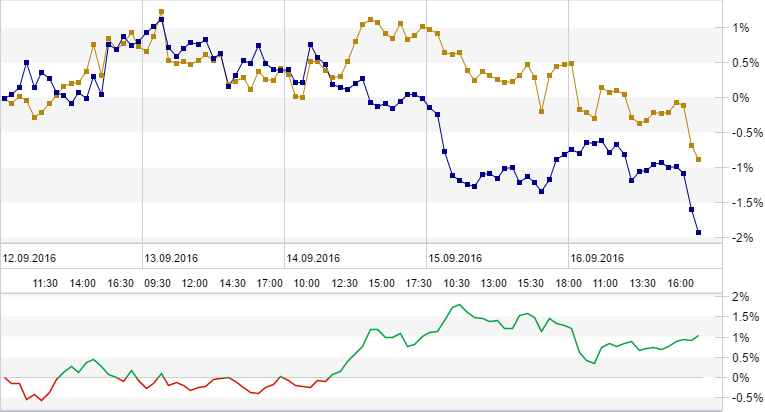 |  |  | |||||||||||
 |
|
||||||||||||
 |  |  | |||||||||||||||
 |
|
||||||||||||||||

Техническая поддержка
ONLINE
 |  |  | |||||||||||||||||
 |
|
||||||||||||||||||
Ex-Google Recruiter Explains: How to Answer "Tell Me About Yourself" In A Job Interview Step-by-Step
ruticker 05.03.2025 16:01:11 Recognized text from YouScriptor channel Farah Sharghi
Recognized from a YouTube video by YouScriptor.com, For more details, follow the link Ex-Google Recruiter Explains: How to Answer "Tell Me About Yourself" In A Job Interview Step-by-Step
A Harvard Business Review study found that **72 percent** of candidates who did not receive a job offer failed to make a great impression. So, if only **28 percent** of people get job offers, how do they do it? When you go for a job interview, most of the time the first question they will ask you is, **"Tell me about yourself."** Your answer will set the tone for how the rest of the interview goes. The answer to that one question tells the interviewer everything they need to know. In this video, I'll show you how to answer this question. I'll help you tailor an answer that is perfect for you, which will include a mind-blowing technique that you're not going to find in any other YouTube video about this topic. By the way, that's not a clickbait statement; I watch a lot of YouTube videos. I'll show you step by step how to prepare for the interview question, **"Tell me about yourself,"** give you an easy formula with examples that you can use to answer this question, and then the technique that will get the interviewer on your side. But before we get into it, let's start with a hot take: most of the time, interviewers barely even look at your resume. **Ten minutes** before your interview, they will get a reminder to take a look at your resume, quickly scan it, look at the list of questions they're supposed to ask you, and that's about it. This is why they ask you, **"Tell me about yourself."** When you are telling them about yourself, the interviewer doesn't want to know when you were born, your drama with your neighbor, or why you like long walks on the beach. None of that is relevant. What the interviewer wants to know is why you will be a good fit for the job. Jobs are open because a company is looking for somebody with a particular set of experiences who is able to do a job and solve an existing problem. The company is telling you what they need in the specific role based on the job description. Now, most candidates in interviews will highlight their greatest accomplishments about what they've done in the past, which is relevant, but most of the time, candidates don't relate their past experience to the job that they're interviewing for. Your interviewer probably won't care about the project that you completed that you're super proud of because it really doesn't have anything to do with the job that you're interviewing for. So, what you need to do is get to the core of why this job is open and what the company needs in the person that they want to hire. Here’s what you're going to do: a few days before your interview, do prep work. Start by taking a look at the job description and read through all of the responsibilities. Think of the lines in the job description as problems that the business needs solving. Those are the problems, and you are going to be the solution to their problems. Oh my God, okay, it's happening! So, what exactly is the problem that you're trying to solve? Every business's biggest problem is not making enough money to run itself, pay its employees, and grow the business. What you have to do is take a look at the job description through the eyes of a business owner to understand what the company actually needs. For example, if you're applying for a job as a front desk receptionist at a hair salon and the job description says, **"Answer all customers' questions and address their complaints,"** what does this mean? Let's break it down. - **Answer all customers' questions:** Ask yourself, what's the problem here? If a receptionist can't answer a customer's questions, then that customer is going to get frustrated and take their business elsewhere. The business wants an employee who's going to come in, learn about how the salon operates, who the hairdressers and colorists are, how the business is run, what each person specializes in, know the products the salon sells, and so on. - **Address their complaints:** What are some common complaints at a hair salon? Probably not being able to get an appointment with their favorite stylist or getting a bad haircut. If a customer can't get an appointment with their favorite stylist, they may go get their hair done somewhere else, and the business will lose money. If the salon has a receptionist who can address the customers' complaints, then the customer will be happy and keep doing business at the salon. Now that we've broken down this sentence, look back into your work history and create a statement that talks about your past experience and how it can solve the problem the business is having. What you can say is, **"In my experience working as a receptionist at a salon, I've been able to quickly get to know the stylists and what they specialize in so that when customers call asking for help deciding on who they should work with, I can quickly answer their questions. I also take inventory of products that we sell and I make a list that I keep on my desk of all of the products and what the stylists charge for their services so I can quickly answer customers' questions. I'm also excellent at keeping customers calm, especially on the phone when they can't get an appointment to see their favorite stylist, and I do that by asking questions to determine the best solution, like putting them on a waitlist or asking the stylist if they can make an exception for this client, especially if it's a client they've worked with for a long time, so it doesn't damage the client-customer relationship."** Now, what if you're interviewing for a job and you don't have direct experience in that role? What you're going to do is talk about how you would approach solving those problems using the same methods that I mentioned before. When you, as a candidate, can clearly explain how you have the skills needed for the role, it makes it easier for a business to hire you because you're demonstrating that you are a great listener who can communicate well with different people in a work setting. So now that you've broken down the job description, it's time to use this information by putting it all together using this simple formula: **Your Log Line (AKA your introduction), Past, and Future.** Let's borrow a concept from Hollywood called the **Log Line.** A log line is one or two sentences long and it's a short description of a story of a movie that gives a basic idea about what it is in a few sentences. Think of it as a summary of the main points. For example, the log line in *The Lion King* could be: **"After he wrongly takes the blame for his father's death, a lion cub grows up in exile and must return to his unlikely friends to reclaim the throne from his evil uncle."** Now, let's apply this concept to you in a job interview. A person can use log line logic to talk about themselves in a short and meaningful way. This means describing yourself in about two sentences. With the first sentence, talk about you as a professional, and with the second sentence, talk about what makes you special and good for this job. Having a short, clear introduction will help you make a great first impression and show why you're a good fit for the job. Here's an example: **"I'm a results-driven marketer with a passion for creating impactful campaigns. My experience includes launching successful brand initiatives and executing targeted digital ad strategies that drive customer engagement and increase sales."** Now, be sure to tie your log line back to what the business is looking for in a new employee for the job. Now let's move on and talk about how you should structure your past statement. It's time to go back to the homework that you did, and you're going to pick about two or three sentences from your prior roles that you've done in your past and how it connects to the job that you want. Going back to the marketing example, you could say: **"As a former marketing manager at XYZ Company, I successfully led the development and implementation of a new social media strategy that increased followers by 20 percent and engagement by 30 percent. My experience in analyzing market trends and implementing successful campaigns makes me a strong fit for this marketing manager role at ABC Incorporated."** Now lastly, let's discuss the future. In one sentence, you are going to explain why this job is perfect for your next step in your career journey. Here's an example: **"I'm interested in this role because I want to further my career in marketing, and I believe that this job is the perfect next step for me."** So now that I've set all of that, it's time for me to scramble your brain because everything I just taught you was leading you up to this moment. Ready? Remember, at the beginning of an interview, you don't know exactly what the interviewer is trying to find out about you, and your goal is to increase your ability to land a job in the shortest amount of time possible. So here's the technique: after you've finished with your future statement, do not pause. Instead, say this: **"I'm excited to share more about myself during this interview. Given our limited time together, can you tell me what you'd like to learn most about me? That way, I can make sure that I'm providing you with the information that is most relevant to you and this position."** **Interviewer mind blown!** But you're not done yet. This is the most important thing you can do after you make the statement, and that is absolutely nothing. Say nothing. Do nothing. It's no hassle. All I'm saying is, knock knock. Who's there? Because what you've just done is made the interviewer's head spin around inside. Most candidates don't do this, so you need to give your interviewer time to comprehend and process what you've just said. Stay silent and don't worry; I know it feels awkward. Fight the feeling to say something. Your interviewer will respond, and they'll either let you know what they want to learn more about you, or they'll say no and then just move on. Now, if you've enjoyed this video, give us a like and a subscribe. If you want some tips on the biggest mistakes that I see in resumes, go ahead and check out the video prior to this one. Thanks for watching!
Залогинтесь, что бы оставить свой комментарий












